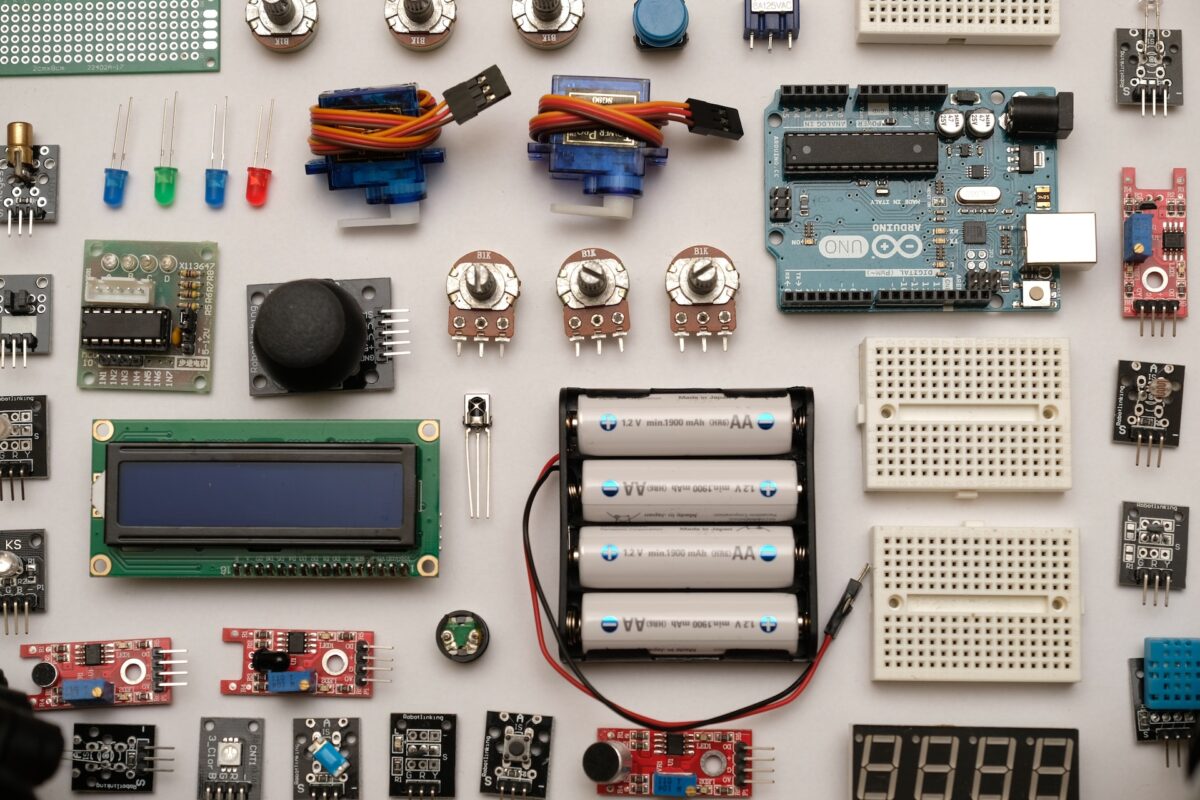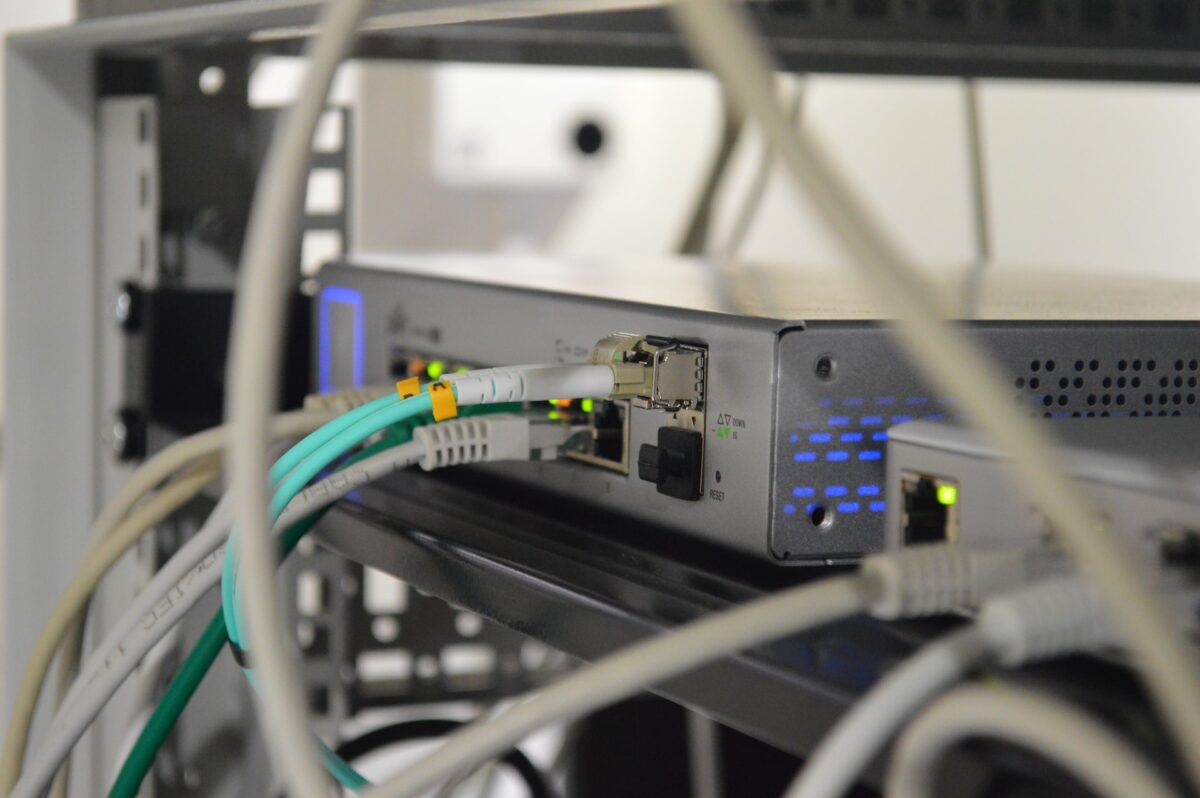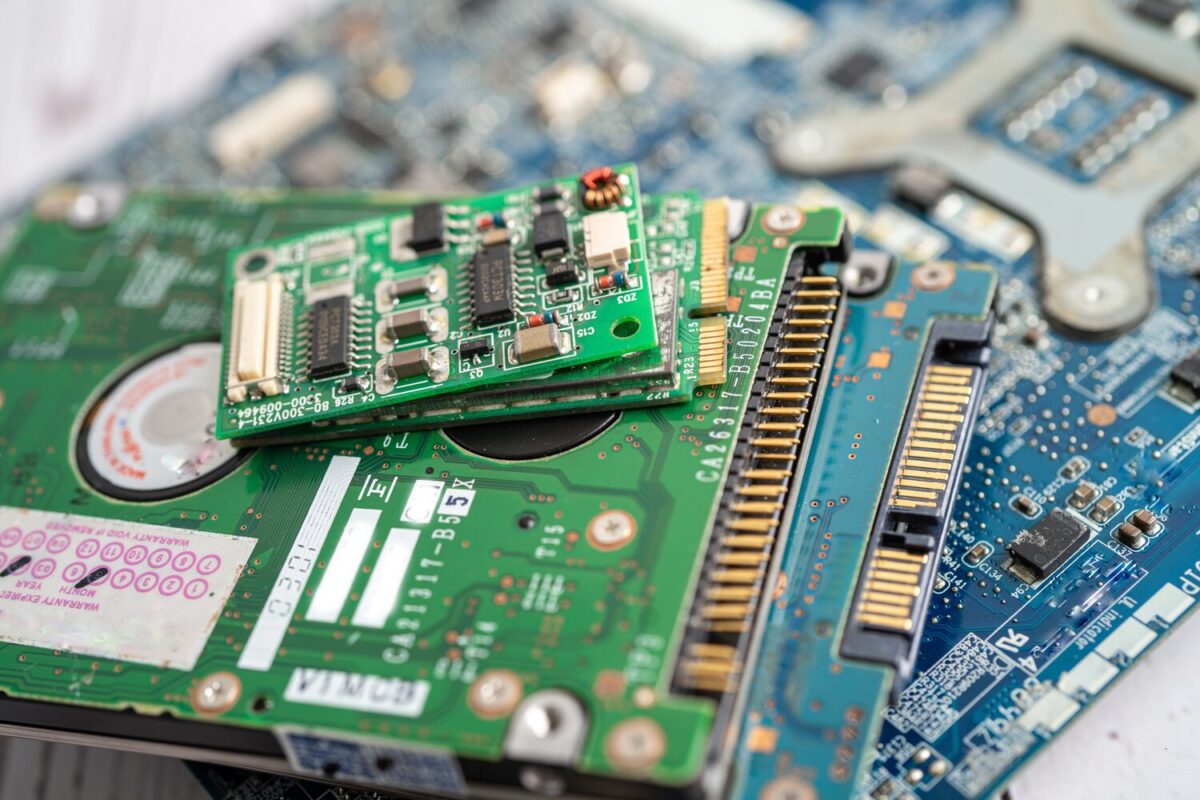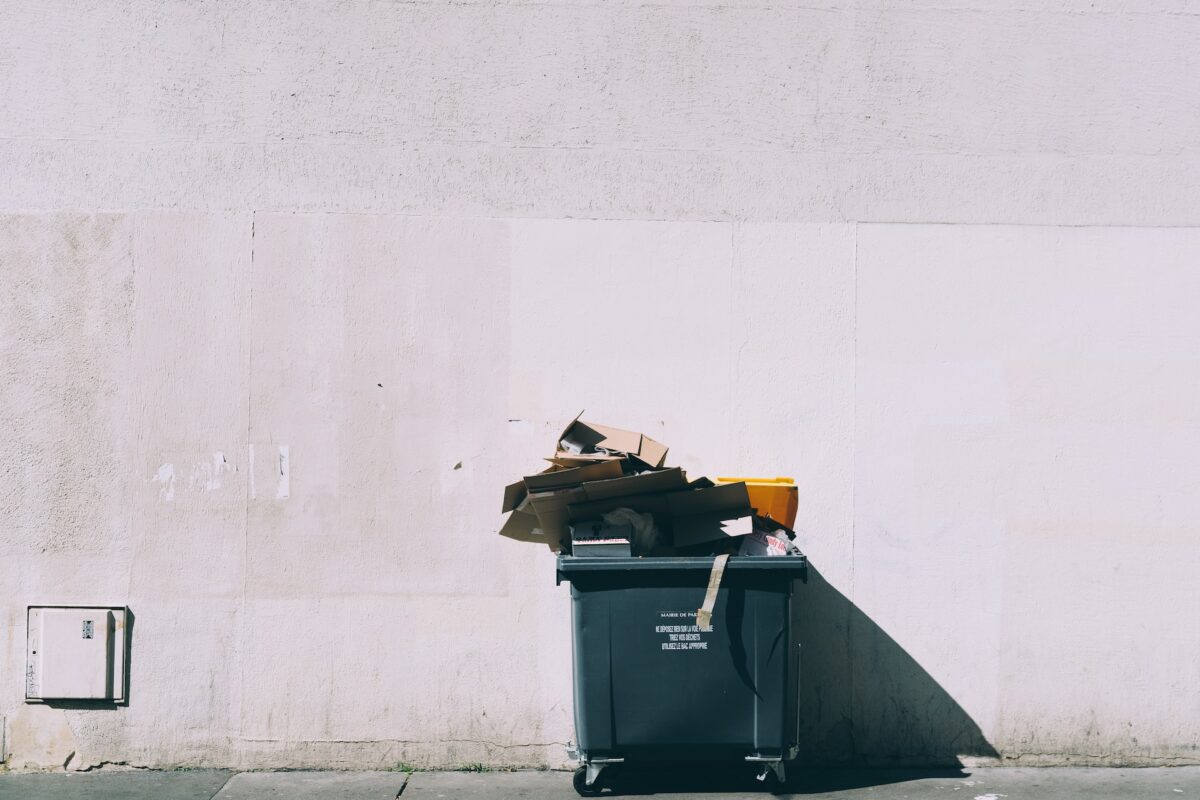Step-by-Step Guide to Prepare Your Electronics for Recycling
Electronic devices, from smartphones to laptops, play a significant role in our daily lives. However, with the increasing use of electronic devices, there is also an increase in electronic waste.
Electronic waste, also known as e-waste, includes discarded electronic devices that are no longer in use or have reached the end of their lifespan. Improper disposal of electronics and gadgets can also have severe consequences for the environment and human health.
Electronic devices contain hazardous materials such as lead, mercury, cadmium, and brominated flame retardants. When these materials are released into the environment, they can contaminate soil, water, and air. This can have long-term effects on human health, including respiratory problems, neurological damage, and cancer.
This blog will provide a step-by-step guide on safely preparing your electronics for recycling.
Step 1: Back Up Your Data
Before recycling your electronic device, it is essential to back up your data. This includes files, photos, videos, and other important data stored on the device. You can back up your data by transferring it to an external hard drive, cloud storage, or any other storage device.
Step 2: Wipe Your Device Clean
After backing up your data, it is time to wipe your device clean. This means removing all personal data, including passwords, contacts, and other sensitive information. To do this, you can use the factory reset option on your device or a data-wiping software. Ensure all data is completely erased to prevent it from falling into the wrong hands.
Step 3: Remove Batteries and Other Peripherals
Once you have wiped your device clean, the next step is to remove the battery and any other connected peripheral devices. This includes chargers, cables, headphones, and any other accessories. These peripherals can be recycled separately.
Step 4: Determine the Type of Electronic Device
Before recycling your electronic device, it is essential to determine the type of device you have. Some electronic devices, such as smartphones and laptops, can be recycled easily. However, others, such as printers and scanners, require special handling due to the hazardous materials they contain.
Step 5: Find a Reputable E-Waste Recycler
Once you have determined the type of electronic device you have, the next step is to find a reputable e-waste recycler. E-waste recyclers are companies that specialize in the recycling of electronic devices. They have the tools and expertise to handle electronic waste responsibly.
When choosing an e-waste recycler, ensure they are certified and adhere to environmental regulations. Look for certifications such as R2 or e-Stewards, which indicate that the recycler follows responsible recycling practices.
Step 6: Drop Off Your Electronic Device
After finding a reputable e-waste recycler, the final step is to drop off your electronic device. Some e-waste recyclers offer drop-off locations, while others offer pickup services. Ensure that you follow the guidelines provided by the e-waste recycler, such as the location of the drop-off point and any other requirements.
Conclusion
Recycling electronic devices is crucial to protect the environment and human health. Following the step-by-step guide above, you can safely prepare your electronics for recycling.
Remember to back up your data, clean your device, remove batteries and peripherals, determine the type of electronic device, find a reputable e-waste recycler, and drop off your device. By doing so, you will be contributing to a cleaner and safer environment.
Want to know more about the importance of electronics waste disposal in Atlanta? Atlanta Green Recycling is here for you. With electronics recycling and proper IT asset disposal, you can save landfill space, keep harmful materials out of the environment, and more. Get in touch with us to learn more.




